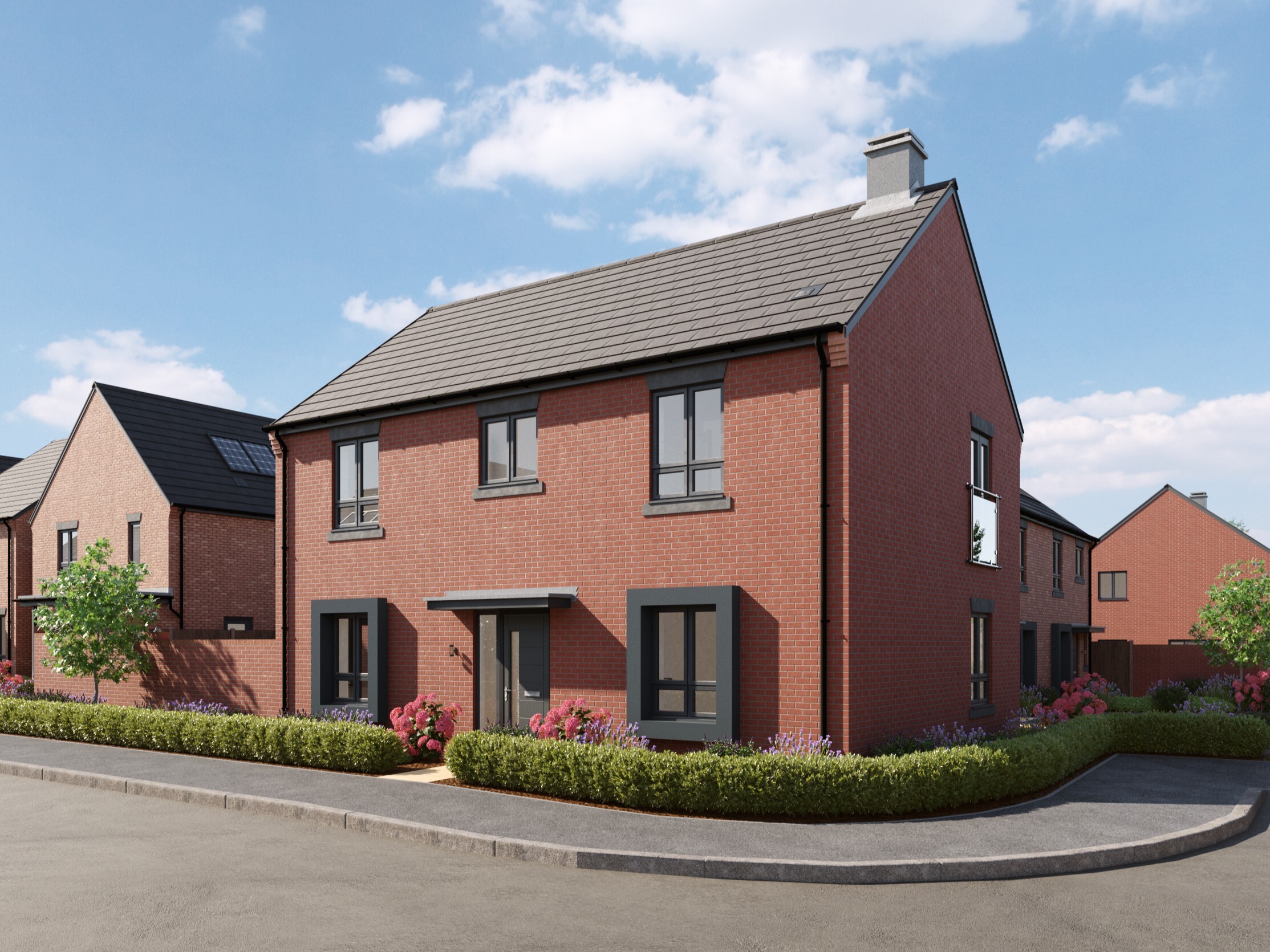When you’re buying a home, there are plenty of costs to consider. Some of these charges include mortgage fees, solicitor’s rates and a tax on the purchase price of your home, usually referred to as a Stamp Duty, or Stamp Duty Land Tax (SDLT). Like stocks, shares, and bonuses, you should always make arrangements to pay the taxes applied to your assets.
If you’re looking for Stamp Duty guidance, this article covers everything you need to know before buying your new home.
What is Stamp Duty?
Stamp Duty is the tax you owe when you purchase a residential property or a piece of land in England or Northern Ireland above a threshold price. Rather than being owed to the seller or developer, SDLT is paid as a tax directly to HMRC. This means that discounts and deals cannot be applied to it, and relief is only available through the government.
Who needs to pay Stamp Duty?
Stamp Duty is payable by the buyer whether the property is a leasehold, freehold, bought under shared ownership, or purchased by a business. However, you do not owe Stamp Duty if the property is inherited through a will or transferred as part of a divorce settlement, as no money is exchanged in these situations.
Do First time buyers pay Stamp Duty?
First-time buyers of properties priced at £625,000 or less are exempt from paying stamp duty on the first £425,000. For the portion between £425,001 and £625,000, the rate is 5%.
If the property costs more than £625,000, first-time buyers are subject to the standard stamp duty rates.
For non-residential land, however, the threshold is much lower (£150,000).
Stamp Duty on second homes
If you're purchasing a second home, you’ll have to pay an extra 3% in Stamp Duty on top of the standard rates.
Mobile homes, caravans, and houseboats aren't considered additional properties. If you can't sell your first home before buying the second, you'll need to pay the higher rates initially. But, if you manage to sell within 36 months, you can apply for a refund.
When do you have to pay Stamp Duty?
You should pay your Stamp Duty within two weeks (14 days) of completing your house purchase. This is not necessarily the day you move in - the completion date is defined as the day that your purchase is completed, and you receive your new keys. A failure to submit a return and pay the tax within 14 days, might result in penalties and interest from HMRC.
How to pay Stamp Duty?
Before you pay, you should check that your solicitor hasn’t already made arrangements for you to pay Stamp Duty on your purchase. You don’t want to pay twice!
If your solicitor hasn’t handled it for you, you can pay Stamp Duty Land Tax online. HMRC provides a form for you to enter your details, and your bank will request authorisation for the payment. Once you’ve gone through the process, your payment should be approved within approximately two hours.
Do you need to pay Stamp Duty in Scotland and Wales?
No, Stamp Duty Land Tax is replaced by the Land and Buildings Transaction Tax in Scotland and the Land Transaction Tax (LTT) in Wales
Stamp Duty rates
The Stamp Duty rates are calculated based on tax thresholds. When calculating thresholds, the total value of your property should be taken into account, including value added by kitchen appliances and bathroom fittings.
The current Stamp Duty thresholds are:
- 0%: Residential properties under £250,000 and non-residential properties under £150,000 are not taxable.
- 5%: All residential properties between £250,001 and £925,000 are taxed at 5% of the value within this threshold.
- 10%: A 10% tax is charged on property value between £925,001 and £1.5 million.
- 12%: Any property value more than £1.5 million is taxable at 12%.
Calculating Stamp Duty
The above means that if you purchase a property worth £500,000, you owe 0% on the first £250,000 and 5% on the remaining £250,000.
Are there any Stamp Duty exemptions?
There are a few circumstances where Stamp Duty does not have to be paid on properties worth more than £250,000.
You do not have to pay Stamp Duty if:
- You paid nothing to acquire the property. This applies to property obtained through a will or a divorce. Paying for a property applies to both bank and cash payments, and you are not eligible for tax relief if you paid in cash.
- You purchase a freehold for under £40,000, or your freehold premium is less than £40,000 and the rent is under £1,000 annually.
- An alternative financial provider pays Stamp Duty on the purchase instead.
